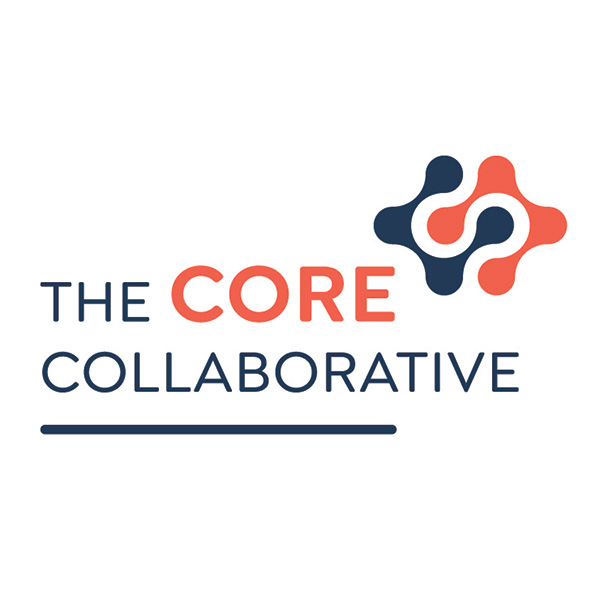
When making plans to open James Patterson Elementary (JPE) in 2017, I knew the key to a successful vision was getting the right people in the right places and the right systems in place to meet our student’s needs. In the summer of 2017, I had the privilege of meeting Dr. Paul Bloomberg in a professional learning session called Impact Teams. Hesitant at first to add a new thing to my plate, I was sold on the idea after watching two fifth graders from a school in Staten Island, New York. The two boys were giving each other feedback on a piece of writing.
Since then, we have worked side by side with Dr. Paul Bloomberg, co-author of Leading Impact Teams, to develop amazing professional learning communities focused on students. Our teacher teams plan an Inquiry Cycle of Learning that focuses on one major learning goal and meet together to analyze student work and develop teacher actions to move students along a learning progression. Teachers engage students in self and peer assessment so they ensure they are on track to meet their learning goals.
Starting with just one grade level the first year and adding each year was a good decision to build momentum and buy-in. Our 3rd year of implementation, during the 2019-2020 school year, we will have all grade levels participating in the Impact Team Model.
Students are at the core of every one of our collective beliefs. Our classrooms are student-centered, positive and safe. It is not enough to prepare students for academic success; our job as educators and as a community is to prepare them for lifelong success in whatever they are passionate about! We believe that student learning goes beyond academic requirements.
Students in our classrooms are taking ownership of their learning through core formative practices: self and peer assessment, using checklists to guide their learning, monitoring their learning using learning progressions and using classroom feedback protocols. Impact Teams have been a significant part of our JPE success story. Our staff and students have grown tremendously and I am so excited what the future holds.
What makes Impact Teams a standout above other familiar PLC models?
“I just love the collective efficacy that has come out of learning with and from TCC for the past two years. It has been a paradigm shift as to what a PLC should look like. Our whole mindset as a team has become student centered and has made us a team that wants to take risks, embrace challenges and make an impact on all students lives.”
– Laura Olvera, 1st Grade Teacher
“The Impact Team framework has really given our PLC meetings a purpose. The EAA Protocol puts the focus on student work. As teachers, we use the student work to develop an action plan to meet the needs of every student in our classrooms, from the struggling students to the students who need to be enriched. Every child is impacted through this process.“
– Maria Montana, ESL Support Teacher
“The EAA Protocol has given us a protocol for powerful analysis of student work. This has given us the ability to dig deeper as a team to determine how we can guide our instruction to promote student success as well as create student ownership. This protocol has also created a new thought process for us as we look at student work. We now only focus on what students need to be successful at their level, and what skills or strategies they need to grow, we don’t spend time talking about what they can’t do; we put our focus on next steps. We used to just chart their reading scores and then check in on their scores the next week and realize they didn’t grow and wonder why. Impact Teams and the EAA Framework has made a positive impact with our Fabulous Firsties!”
– Wendy Mowry, 1st Grade Teacher
Watch the video, “Using Glow/Grow Feedback Protocol for Feedback in Kindergarten.” Laura Olvera’s First Grade students at FBISD’s James Patterson Elementary in Texas had been working on co-created success criteria and checklists by looking at exemplars of proficient first grade, personal narrative writing. Partners give each other Glow/Grow feedback using co-created sentence stems for feedback conversations.

